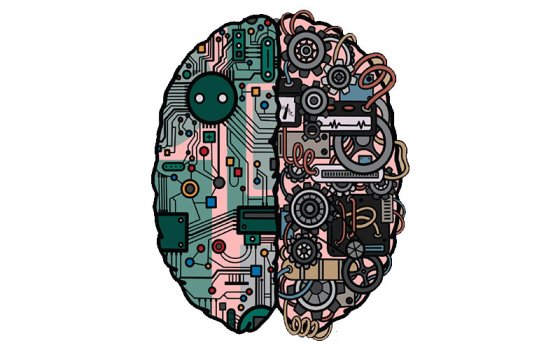Far from the stuff of fantasy, artificial intelligence (AI) has become an integral part of our lives. Even the most tech-adverse among us use AI, perhaps unknowingly, when we type a query into Google or plug in GPS. Those who embrace technology, on the other hand, actively look for ways AI can improve their work and personal lives. Though it seems AI is a new phenomenon, the technology has been around since 1956. While AI’s popularity has waxed and waned, it gained legitimacy in the 1990s and 2000s when a chess computer program beat the grand chess master Garry Kasparov and speech recognition software was installed on Windows. The factor that made these innovations possible was the ability of computers to store and process ever-larger amounts of information. Today we are in the era of “big data,” and while AI seems ubiquitous, it is just beginning to reveal its full potential. AI is expected to have global as well as individual impact in the future – if it hasn’t already. “You can learn very quickly from data when you build models to make better decisions,” said David Reeser, CEO and co-founder of the Wilmington-based AI company OpiAID. “AI and the Internet of Things (all objects connected to the internet) is the next industrial revolution.”
Continue reading:
http://www.wilmingtonbiz.com/brainstorming_ai/2021/09/27/brainstorming_ai/22356
Continue reading:
http://www.wilmingtonbiz.com/brainstorming_ai/2021/09/27/brainstorming_ai/22356

